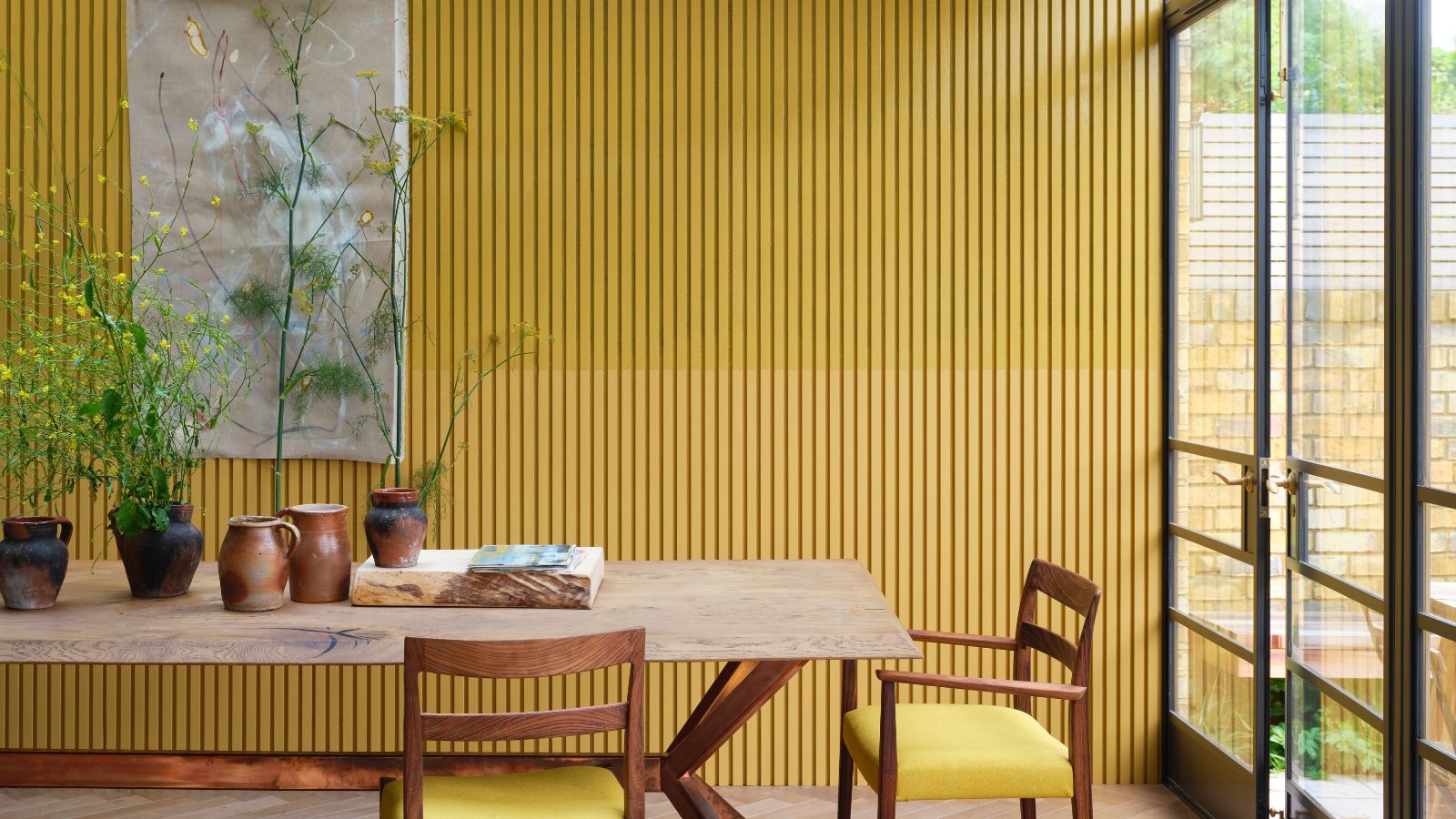
I grew up striving for perfection – not in other people, but myself. It began at school with my grades, then as a journalist, and later as a wife, mom and homeowner. I was, and remain, my own worst critic.
It’s safe to say this internal pressure has not been great for my well-being and over time, began to negatively impact my chronic health conditions. This was especially true where my personal expectations of ‘housekeeping perfection’ came into play as I am limited on mobility and have lots of pain.
It’s only after lots of self-work and therapy that I’ve realized being houseproud is one thing, but that doesn’t mean you have to always be perfect with it. It was only when I embraced the philosophy that ‘good enough’ really is enough that my housekeeping perfection fell to the wayside. I have since felt happier than ever with my home and now find cleaning tips useful, rather than guilt-inducing.
What is ‘housekeeping perfection’?
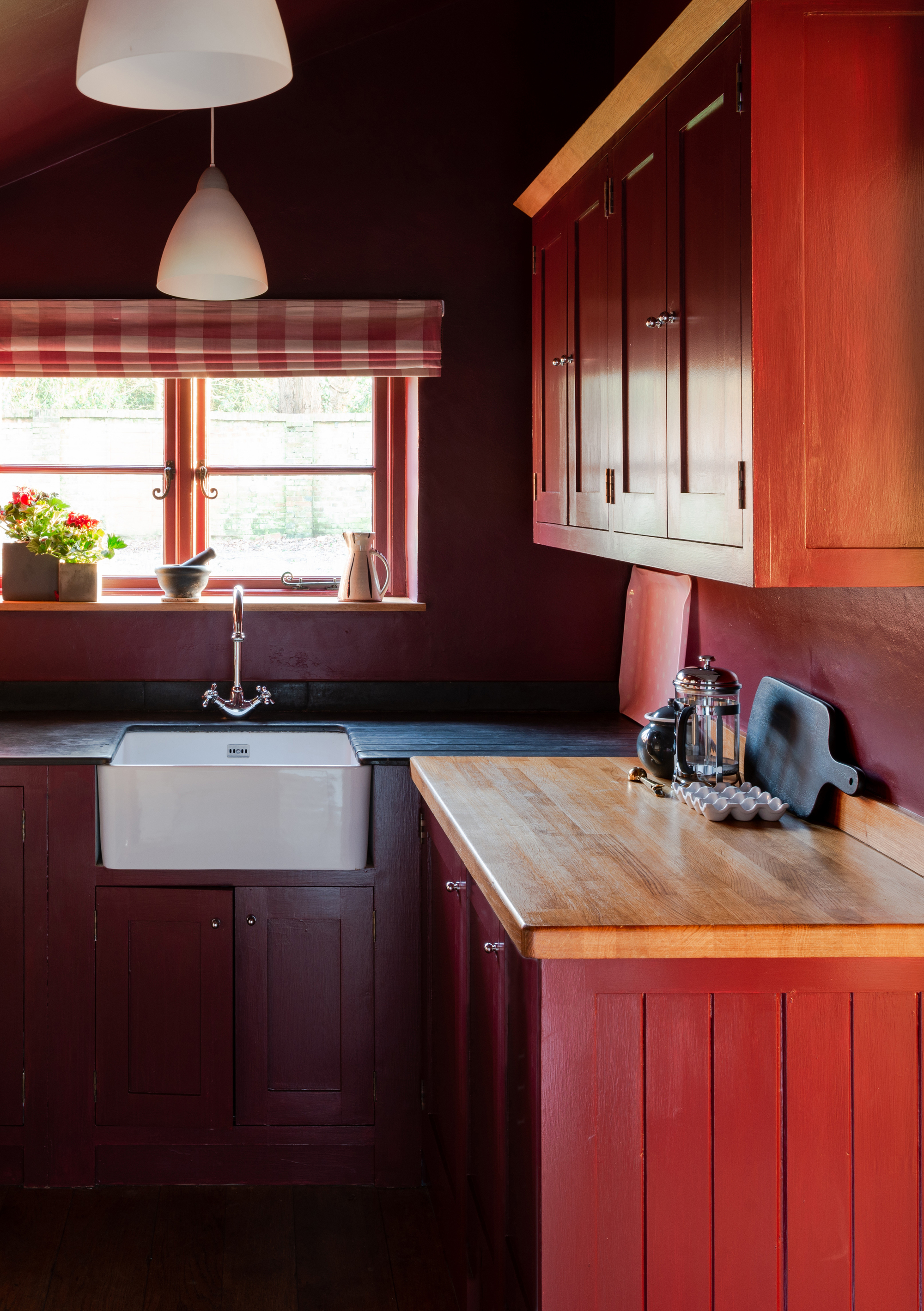
It’s very much what it says on the tin. Housekeeping perfection is accepting only absolute perfection when it comes to your weekly household chores and tasks. For example, ticking everything off your spring cleaning checklist without room for adjustment, or deciding you have to declutter your closet all at once, instead of chipping away at in over a number of days or weeks.
This can build your internal pressure and make cleaning feel overwhelming because the standard you are holding yourself to is so incredibly high.
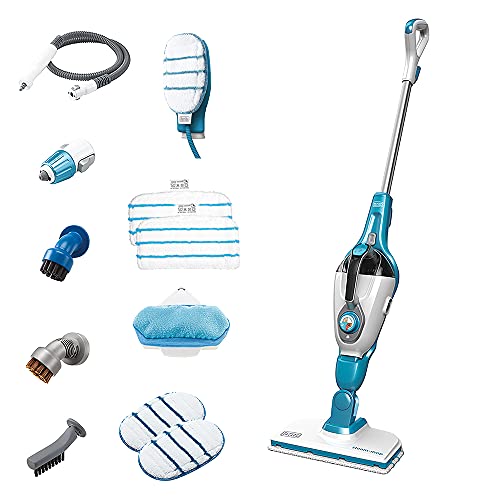
I avoided gadgets that would help me get cleaning tasks done quicker for no good reason. Whatever product helps you, go for it. Using cleaning gadgets is not a ‘cheat’. They’re popular and well rated for a reason: they work!
I was certainly subconsciously worried about a fear of failure, for instance being unable to complete a cleaning task such as cleaning the fridge in one go, and this often led to chore procrastination. It felt too overwhelming, especially when my physical pain and fatigue was so limited, so I buried my head in the sand for a while instead of getting on with cleaning the kitchen, or cleaning the bathroom.
The self-imposed perfectionism was actually more of a hindrance to my housework, than a help. It certainly made the task harder in the long run because the fear of failure made me put things off. That delay meant, for example, removing limescale from faucets, or scorch marks from my electric stovetop were harder as I’d delayed the job and there was more build-up to tackle.
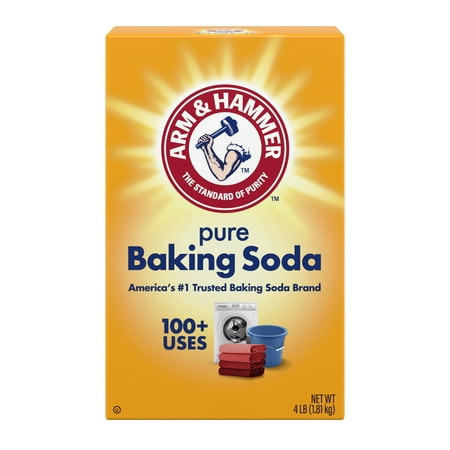
I started looking at more natural cleaning to help curb my guilt for using commercial products. Cleaning with baking soda is a tip professional cleaners almost always recommend for its gentle abrasion and effectiveness for tackling grime and odors with ease.
What changed for me
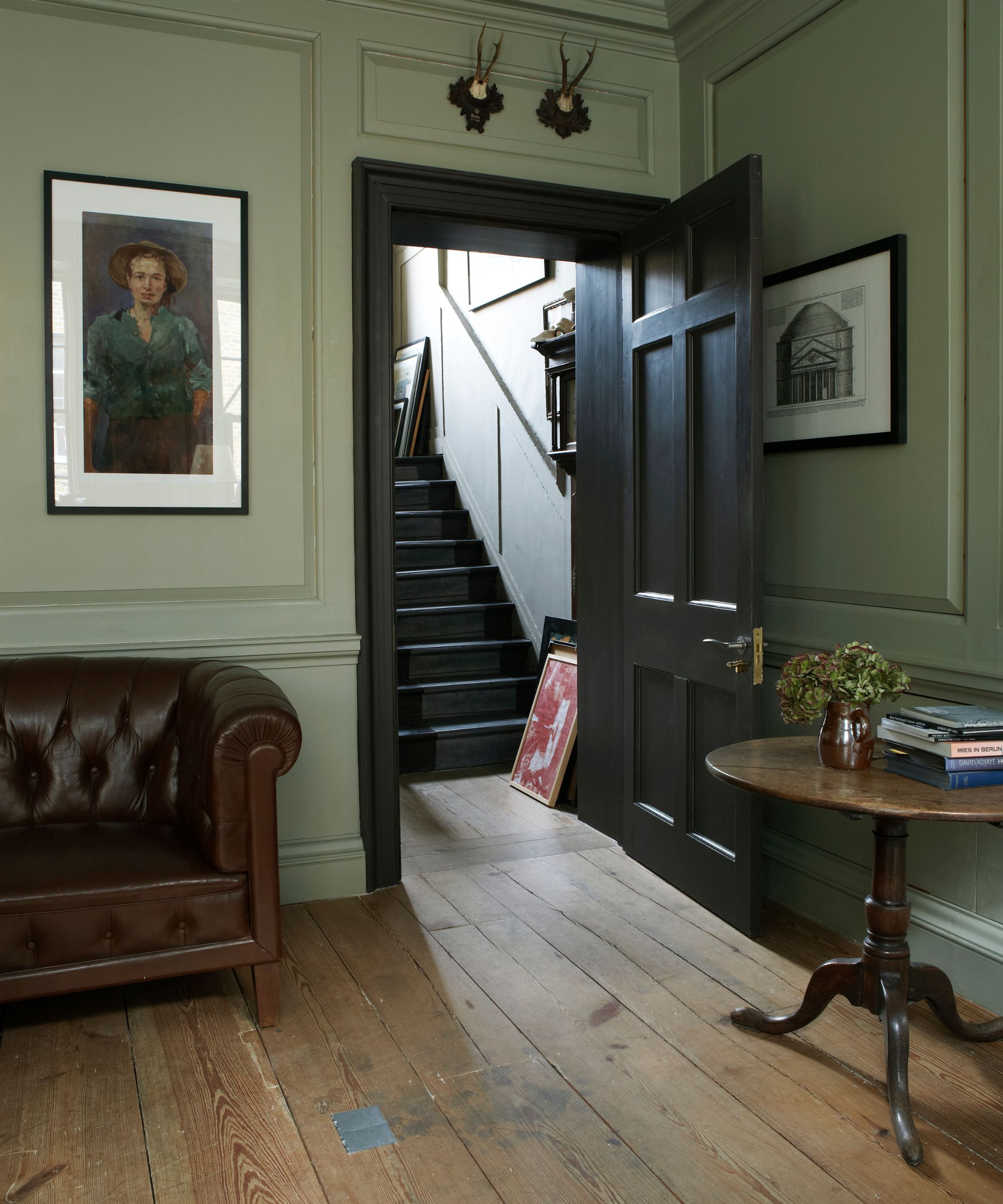
After lots of therapy I realized doing something such as cleaning to a ‘good enough’ standard was much better than not doing it at all due to worry, anxiety or overwhelm and I began to adapt my processes to take that into account.
For instance, instead of committing to fully tidying when expecting guests, I used pretty wicker baskets with lids, available at Amazon, as holding zones for my surface mess that I would deal with later when I had the time and energy to find a home for everything. It meant when loved ones were coming over, I could instead give my time to making my entryway more welcoming, or cleaning the guest bedroom, both of which made me feel like a better host.
The benefits
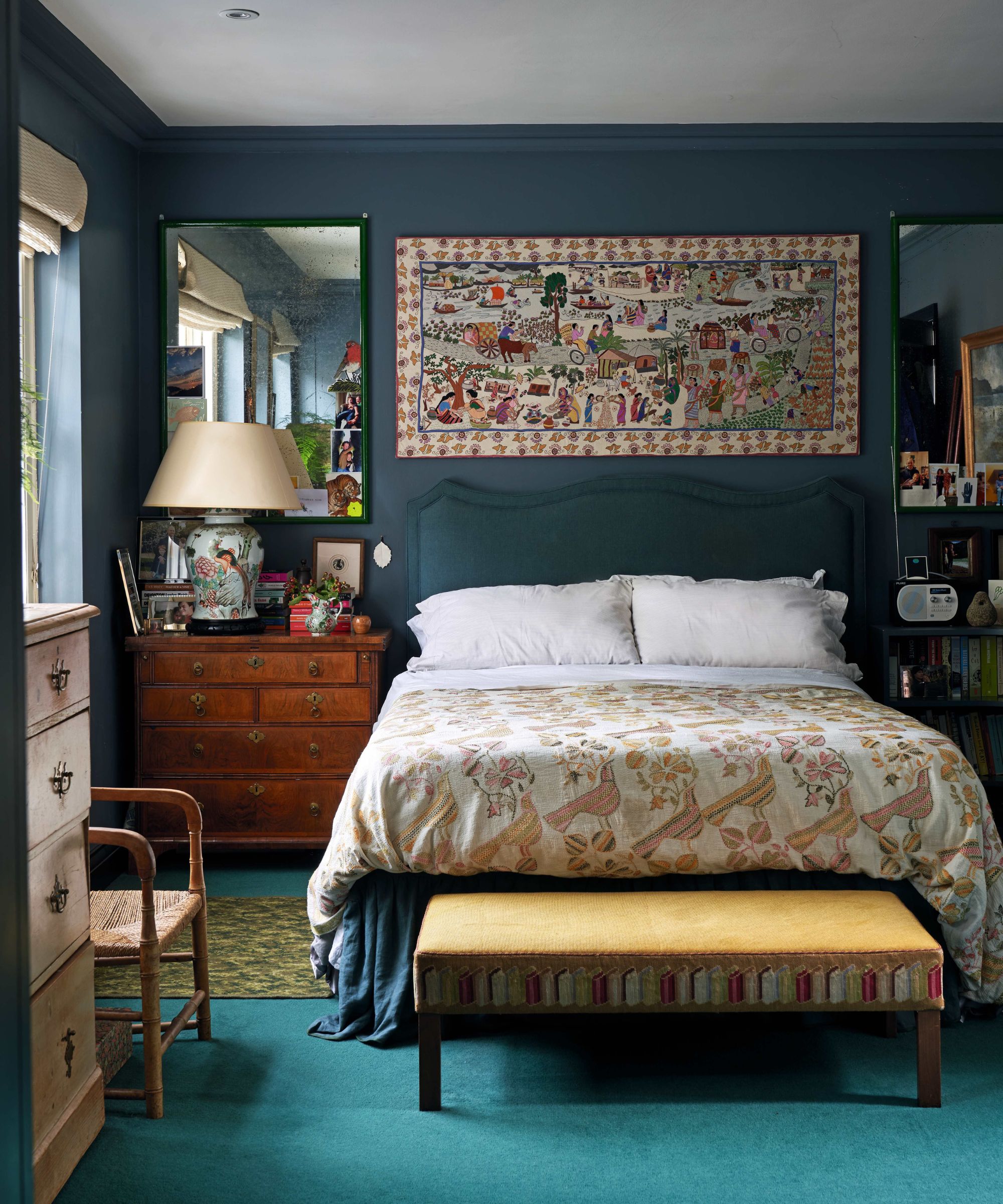
Dr Meg Arroll, psychologist and internationally renowned author not only recommends ditching housekeeping perfectionism, she prefers it. She explains, ‘Doing ‘good enough' cleaning is actually better than perfection as this more balanced approach allows us the time and energy to notice the small joys in life that tend to pass us by when we're preoccupied with housekeeping perfection.’
She says aiming for good enough, rather than housekeeping perfection will improve your quality of life as not only is the job done, but you’ll have more time for other things you like to do.
‘Whether this is going outside to observe a particularly beautiful crisp winter's day, or having the time and headspace to fully engage with loved ones,’ Dr Meg explains, ‘aiming for 'good enough' cleaning peppers our days with multiple opportunities to notice the little things in life, which, after all, is what life is about.’
How I did it
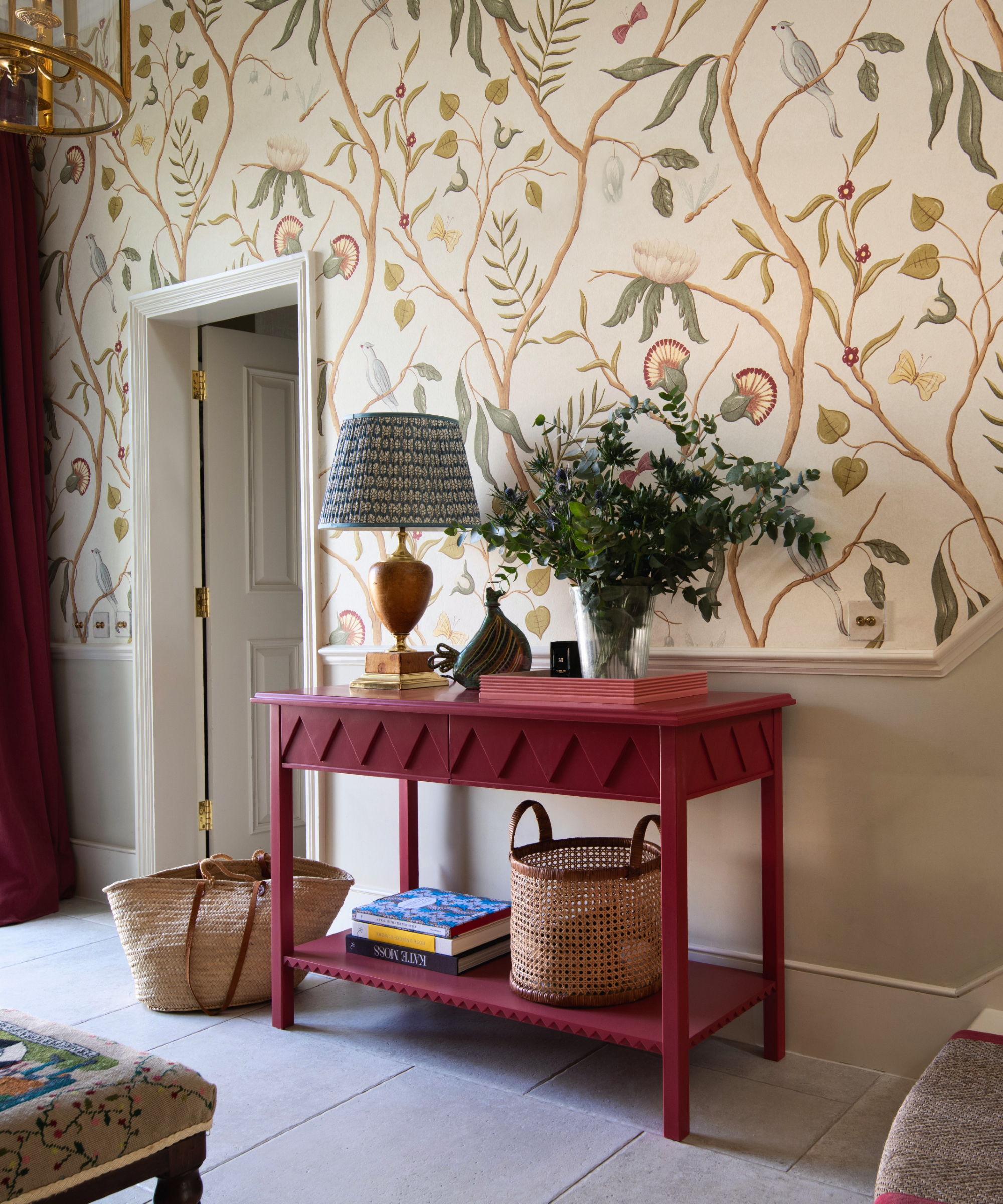
I have certainly noticed this shift in my own expectations has brought positive change. My husband and I started a WhatsApp chat on our phones dedicated to our daily ‘glimmers’, little positive observations and thoughts we might have quietly to ourselves that we never would usually share with each other in the busy days we spend parenting, working and taking care of our home.
The impact has been subtle, but profound. Before, where our daily messages and reminders to each other were typically about the top chores to do and things to remember, now we have a dedicated space for noticing things that make us feel happy or grateful.
It’s an active mindfulness practice that promotes wellbeing and I can attest to that. The more I’ve done these glimmers, the more my brain looks for them day-to-day. I am also better able to enjoy things more in the moment. This also promotes ‘anticipatory nostalgia’ – where I note something sweet or special now, knowing in the future, it’ll bring me or my husband and child happy nostalgia.
Curbing my housekeeping perfection and strict expectations of myself has opened up the mental space to enjoy more life. Though it’s ideal and often said to be something people with tidy homes never do, it’s OK to go to bed with dirty dishes in the sink every once in a while. And honestly, abandoning this from time to time has felt great.
We do it on nights we’re both tired and spend that time relaxing together instead, which brings us closer.
- Shorten the length of time you’re willing to give the job.
- Reduce the frequency.
- Use tools to get it done quickly or more easily.
- Abandon it altogether if you need to.
- Be kind to yourself in harder times and know you can return to your usual standards when you’re ready, or continue being flexible on it.
- Ask for help.
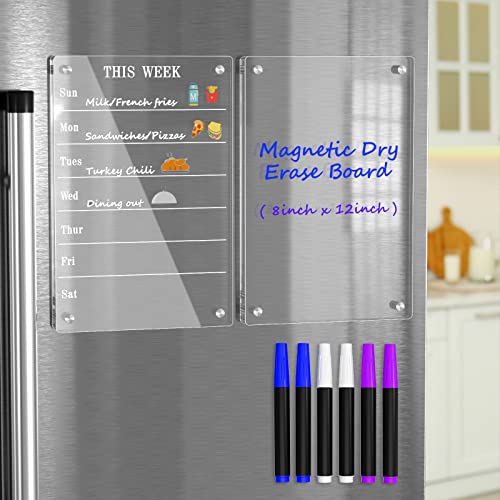
I use my fridge board to jot down the tasks I abandoned or planned to do and ran out of time or energy for, as a low-pressure way of keeping track of things I still need to do.
The key to dialling down your housekeeping perfectionism is changing your golden rules for decluttering or cleaning in a way you can live with. Whether that’s reducing the frequency you clean an area (for instance, you really don’t need to clean your floors daily), giving yourself the grace to abandon a task and finish it later, or taking a cheat here and there such as hiding clutter for sorting out when guests have left – find what works for you.






